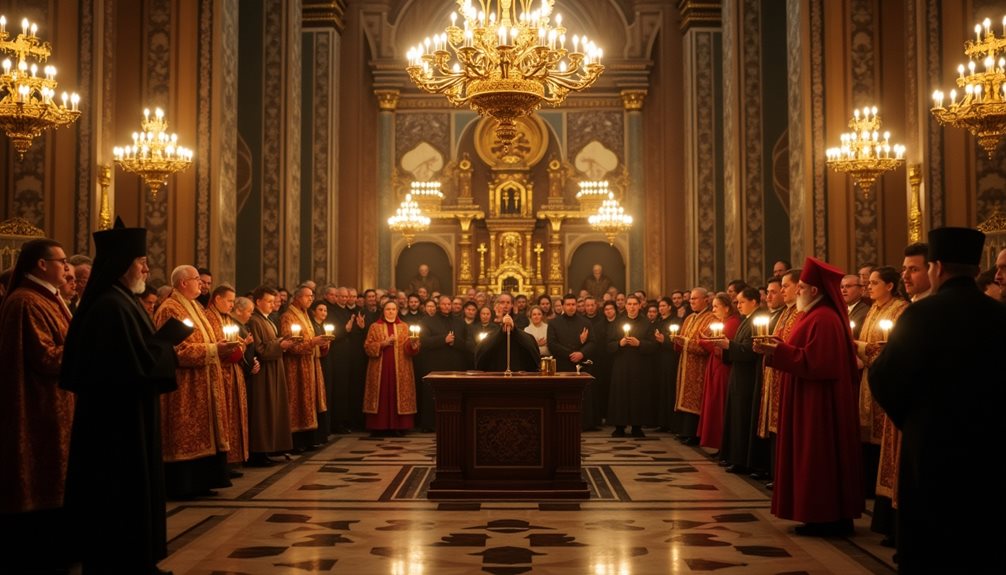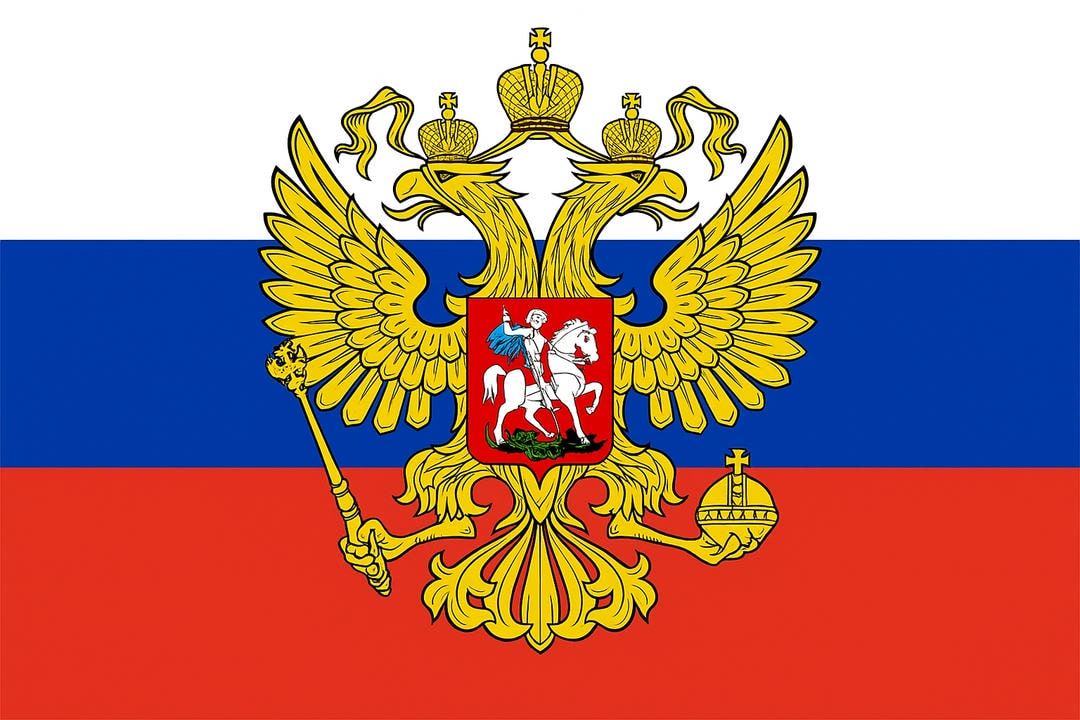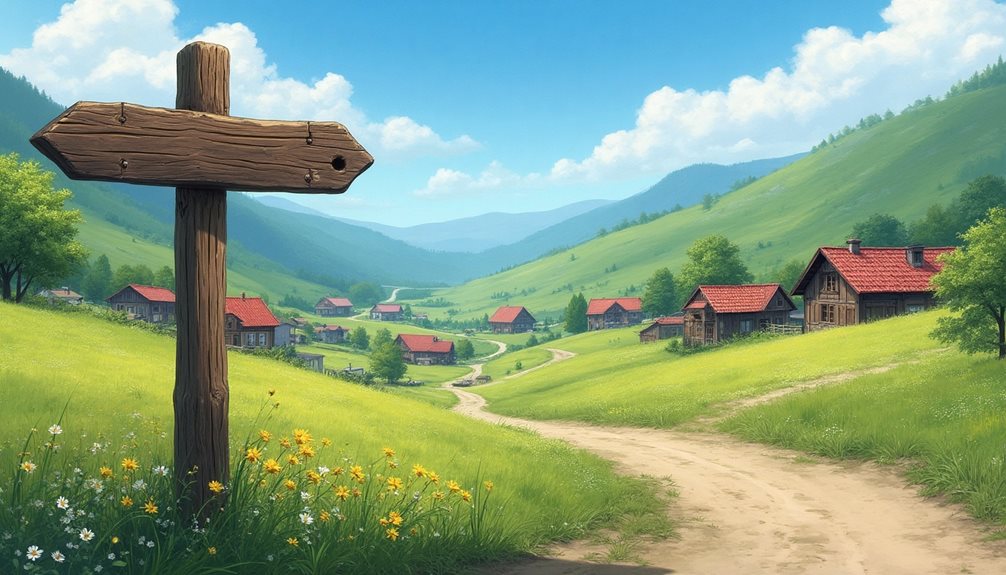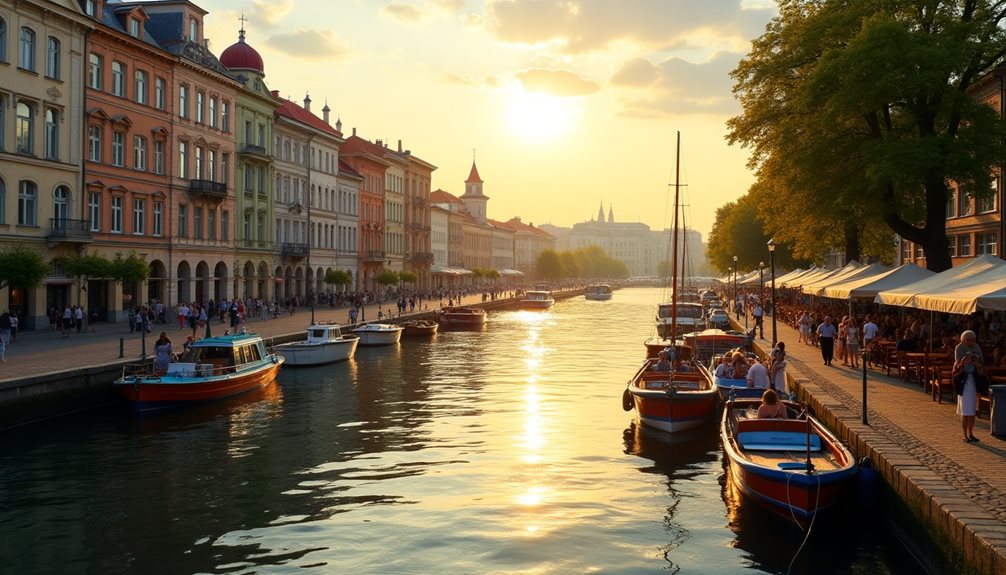Thriving as an Expat in Russia
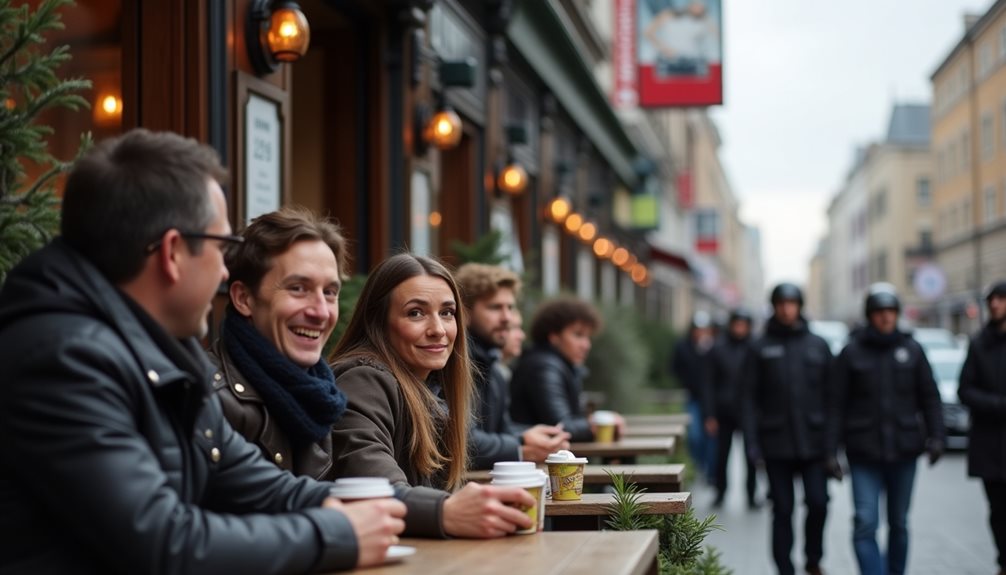
Living in Russia as an expatriate offers a unique mix of challenges and rewards. For many, the country’s rich history, dynamic cities, and distinctive traditions create an environment where both personal and professional growth are possible.
Rich Cultural Experiences
Russia offers a rich tapestry of cultural experiences that go well beyond the famous icons and landmarks. Its cultural depth is woven into daily life, creating an environment where tradition, art, and community are always close at hand.
Moscow: The Beating Heart of Russian Heritage
Moscow pulses with history at every turn. Red Square, often the backdrop for national celebrations, isn’t just a tourist attraction—it’s a living symbol of Russia’s resilience and evolution. The Kremlin, with its imposing walls and glittering cathedrals, serves as both the political center of the country and a treasure trove of Russian art and artifacts. Walking through these sites, you can feel the stories of czars, revolutionaries, and artists echoing through the centuries.
Beyond the major landmarks, Moscow’s neighborhoods offer a microcosm of Russian life. You’ll find vibrant open-air markets, tranquil parks, and cozy cafes where locals gather for conversation over black tea or strong coffee. The city’s thriving arts scene features not only grand performances at the Bolshoi Theatre but also experimental theatre troupes and independent galleries showcasing contemporary talent.
St. Petersburg: Russia’s Elegant Cultural Capital
St. Petersburg, sometimes called the “Venice of the North,” enchants with its winding canals, pastel-colored palaces, and broad boulevards. The city’s layout—designed by Peter the Great—reflects Russia’s historical quest to connect with Europe. The Hermitage Museum is a crown jewel, housing millions of works from da Vinci to Kandinsky in the lavish halls of the Winter Palace.
St. Petersburg is also known for its literary heritage: it was home to Dostoevsky, Pushkin, and Nabokov. Literary tours guide visitors through the streets and apartments that inspired their masterpieces. The city comes alive during the White Nights Festival each summer, when near-endless daylight fuels concerts, ballet performances, and open-air celebrations along the Neva River.
Traditions and Daily Life
Russian traditions are deeply rooted yet welcoming to newcomers. Sharing tea from a samovar—a decorative metal urn—remains a beloved ritual in many households. Guests are often treated to homemade pastries, jams, and stories, reflecting the Russian value of hospitality.
Maslenitsa, sometimes called “Butter Week,” marks the end of winter with feasting, folk dancing, and the symbolic burning of effigies to welcome spring. Pancakes (blini) are served with everything from caviar to sweetened condensed milk. Besides Maslenitsa, Orthodox holidays like Easter (Paskha) and Christmas bring colorful church processions and unique culinary treats such as kulich (sweet bread) and paskha (a creamy dessert).
Victory Day on May 9th is a particularly moving national holiday. Streets fill with parades honoring World War II veterans, military displays, and concerts. Many families participate in the “Immortal Regiment” march, carrying portraits of relatives who fought in the war—a powerful glimpse into the collective memory that shapes Russian identity.
Culinary Scene
Russian cuisine reflects its vast geography and diverse influences. Hearty soups like borscht (beet soup with sour cream) and solyanka (a spicy-sour meat soup) are staples in colder months. Pelmeni (dumplings) originated in Siberia but are now a national favorite, often served with butter or vinegar. In larger cities, a new generation of chefs is reinterpreting classic dishes—think smoked fish with wild herbs or beetroot tartare—bringing Russian flavors into stylish modern settings.
Markets brim with fresh produce in summer—berries, mushrooms, and cucumbers for pickling—while winter brings dried fruits and preserves. Food festivals and farmers’ markets are increasingly popular among locals and expats alike.
Festivals and Community Life
Seasonal festivals offer insight into how Russians celebrate life’s cycles. City Day events in both Moscow and St. Petersburg fill streets with music, food stalls, and fireworks. Orthodox festivals blend solemn rituals with joyful gatherings. In smaller towns, traditional crafts like matryoshka painting or lace-making are often demonstrated at local fairs.
Expats often find that participation is welcomed—whether that means joining a neighbor’s New Year’s toast or learning folk dances at a summer festival. Through these shared experiences, newcomers gain a deeper appreciation for Russia’s enduring traditions and its openness to those who wish to be part of them.
In summary, Russia’s cultural life is not just something to observe but something to join in. Whether through art, food, music, or simply conversation around a table, expats find countless ways to immerse themselves in the rhythms and rituals that define Russian society.
Professional Opportunities
Russia’s major cities are economic powerhouses in the region. Moscow is a financial center with a high concentration of multinational corporations, while St. Petersburg is a hub for shipping, technology, and creative industries. There is ongoing demand for professionals in fields such as IT, engineering, pharmaceuticals, education, and energy.
English-speaking expats often find opportunities as language instructors or editors. The IT sector benefits from Russia’s strong tradition in mathematics and science, with many startups and established tech companies seeking international expertise. The healthcare sector also welcomes qualified foreign doctors and researchers, especially in private clinics and research institutions.
Work life in Russia can be fast-paced and competitive, but many expats note that it fosters adaptability and provides valuable experience in managing international projects.
Supportive Expat Communities
Moscow, St. Petersburg, Yekaterinburg, and other large cities have well-established expat networks. Organizations such as InterNations, American Chamber of Commerce, and various embassy clubs regularly organize meetups, seminars, and cultural outings.
These networks help newcomers navigate bureaucratic hurdles, find housing, and access legal or medical advice. Many groups run language exchange sessions—an excellent way to learn Russian while making friends from diverse backgrounds. Family-friendly events and international schools also help expat families adjust more smoothly to life in Russia.
Quality of Life in Russia
Urban Centers
Living in Russia’s largest cities, such as Moscow and St. Petersburg, offers a standard of living that is modern, convenient, and vibrant. Residents have easy access to high-speed internet, international shopping malls, diverse dining options (ranging from local eateries to international cuisine), and a bustling calendar of cultural events—including theaters, art exhibitions, and music concerts.
Transportation
Public transport is highly developed in major cities. The Moscow and St. Petersburg metro systems are models of efficiency, cleanliness, and architectural beauty. Trains run frequently and are rarely delayed. Above ground, an integrated network of trams, buses, and increasingly popular ride-hailing apps like Yandex Go make daily commutes straightforward. Monthly travel passes are budget-friendly by Western standards.
Housing
Housing choices span luxury apartments in city centers to more affordable flats in residential districts. Central areas offer renovated historic buildings and modern high-rises with amenities such as security, gyms, and underground parking. On the outskirts, larger apartment complexes provide family-friendly environments at lower costs, often with playgrounds and green courtyards.
Shopping & Daily Living
Residents have access to international supermarket chains as well as local markets. Specialty stores cater to a variety of dietary needs, including organic and imported foods. Open-air farmers’ markets offer fresh produce and artisanal products year-round. Neighborhood convenience stores are typically open late or around the clock.
Parks & Recreation
Urban centers are rich in green spaces. Parks like Moscow’s Gorky Park or St. Petersburg’s Summer Garden offer places for jogging, cycling, or simply relaxing outdoors. Many residential areas include smaller parks or playgrounds within walking distance.
Healthcare
Both public and private healthcare options are available. With appropriate insurance, residents can access public clinics and hospitals. Private clinics—many with English-speaking staff—provide faster appointments and a higher level of comfort. Dental care and specialist services are widely accessible in large cities.
Education
Major cities host international schools with British, American, French, or IB curricula. These schools offer modern facilities and extracurricular activities, making them popular among expatriate families.
Smaller Cities & Less Populated Areas
Life in Russia’s smaller cities and towns is quieter but still comfortable and offers its own unique advantages.
Community & Pace of Life
Smaller cities are often less crowded and more relaxed. Residents enjoy a stronger sense of community—neighbors tend to know each other, and local traditions are deeply valued. The pace of life is slower, making it easier to balance work and leisure.
Cost of Living
Daily expenses—housing, transportation, groceries—are significantly lower than in Moscow or St. Petersburg. Renting or buying property is much more affordable, allowing many people to enjoy larger homes or apartments.
Transportation
While smaller cities may not have metro systems, they generally have reliable bus or tram networks for local travel. Many residents walk or use bicycles for short distances. Intercity trains and buses connect most towns to regional centers and larger cities.
Shopping & Services
Supermarkets and local shops stock a good range of staple goods; fresh produce is readily available from markets during the growing season. Although imported specialty items may be less common, online shopping is increasingly bridging this gap. Cafes and restaurants serve both Russian dishes and some international cuisine.
Nature & Recreation
Access to nature is one of the biggest benefits—forests, rivers, and lakes are often just a short drive or even a walk away. Outdoor activities such as hiking, fishing, skiing (in winter), and berry picking are popular pastimes.
Healthcare & Education
Public healthcare facilities are available, although services in smaller towns may be more basic than in major cities; for more complex care, residents may travel to regional centers. Schools follow the national curriculum, with some offering specialized programs in languages or sciences.
Whether you choose the fast-paced life of a major city with its abundance of amenities or the comfort and tranquility of a smaller town, Russia offers a variety of living experiences to suit different lifestyles—all with access to essential services and opportunities to enjoy both urban culture and natural beauty.
Learning and Growth
Adapting to life in Russia helps expats build resilience and patience, which are invaluable when facing language barriers or navigating bureaucracy. Making an effort to learn Russian fosters deeper social integration and is often warmly received by locals.
Living in Russia offers a unique setting for both personal and professional growth, particularly for those who embrace new experiences and challenges. Adjusting to local customs and daily routines encourages flexibility and equips expats with skills that are beneficial far beyond their time in Russia.
Language and Communication
One of the most significant aspects of adjusting to life in Russia is the language. While it is possible to get by in larger cities with limited Russian, learning even the basics can make daily interactions much easier and more enjoyable. Simple greetings and polite phrases often lead to warmer responses from locals, who tend to appreciate any attempt to communicate in their native language. For those who invest time in learning Russian more deeply, new friendships, professional opportunities, and a sense of belonging often follow.
Cultural Insights
Living in Russia gives you firsthand exposure to the country’s core values:
- Education: There is a strong cultural emphasis on education and intellectual achievement. Many Russians are well-read and value thoughtful conversation.
- Arts and Literature: Russia’s rich traditions in classical music, ballet, literature, and visual arts are part of everyday life. Attending concerts, museums, or simply discussing a novel with friends can be especially rewarding.
- Family and Hospitality: Family ties are important, and hospitality is genuine. Invitations to homes for meals or celebrations are common, giving expats a chance to experience Russian warmth and generosity firsthand.
Broader Perspective
Engaging with Russian society provides insights into different ways of thinking about history, politics, and daily life. Many expats develop a greater appreciation for both similarities and differences between cultures. The experience often leads to increased self-confidence, adaptability, and global awareness.
Opportunities Beyond Major Cities
In smaller cities and towns, the process of adaptation can be even more immersive. Language skills often develop faster due to fewer English speakers, and close-knit communities provide a supportive environment for building new relationships. Expats in these areas frequently report a deeper connection with local traditions and a stronger sense of community involvement.
Personal Development
Ultimately, life in Russia is an opportunity for personal transformation. Navigating unfamiliar systems and customs encourages creativity and resourcefulness. Those who embrace these challenges often find themselves leaving Russia not only with new skills but also with lifelong friendships and a broader outlook on the world.
A Place to Call Home

For people open to new experiences and flexible in their approach, Russia can become much more than just a stopover—it often turns into a true home. The country’s blend of longstanding traditions and its growing global outlook creates an environment where newcomers can find both professional opportunities and personal fulfillment.
Building Community
While adjusting to life in Russia may come with its share of challenges, many expats discover a welcoming community over time. Neighbors, colleagues, and local friends are often eager to help newcomers navigate daily life, share local customs, and celebrate holidays together. Invitations to family gatherings or weekend outings are common, allowing expats to experience Russian hospitality firsthand.
Long-lasting Friendships
The friendships formed in Russia tend to be deep and genuine. Sharing experiences—whether it’s learning the language, celebrating New Year’s Eve, or exploring the countryside—often forges strong bonds. These connections provide not only social support but also a sense of belonging that can transform a foreign city into a familiar hometown.
Personal Growth and Lasting Memories
Overcoming initial hurdles—like mastering bureaucratic processes or tackling the Russian winter—brings a sense of accomplishment. Many expats find that these experiences help them grow more confident and adaptable. The memories created, from attending cultural festivals to traveling on the Trans-Siberian Railway, often become some of the most cherished chapters of their lives.
A Sense of Belonging
As routines settle and local life becomes second nature, many expats begin to see Russia as more than just a place to live—it becomes a backdrop for meaningful milestones and everyday joys. Whether it’s discovering a favorite café, becoming a regular at the local market, or watching children thrive in school, these small moments build a genuine sense of home.
Finding Home Far from Home: The Expat Journey in Russia
Living in Russia as an expat is more than adapting to a new address—it’s about building a life filled with discovery, connection, and growth. From the bustling heart of Moscow to the serene corners of smaller towns, expatriates find their days shaped by both the richness of Russian culture and the warmth of everyday interactions.
The challenges—language, climate, bureaucracy—are real, but so are the rewards. Whether it’s sharing tea with neighbors, celebrating national holidays, or navigating the metro with newfound confidence, each experience adds depth to daily life. Over time, what was once unfamiliar becomes part of your own story.
Expats who embrace Russia’s traditions and rhythms find not only professional opportunities but also a sense of belonging that often lasts long after they’ve moved on. The friendships formed, skills gained, and memories made transform Russia from a destination into a genuine home.
In the end, the expat journey in Russia is defined by openness—to new experiences, to local customs, and to the people who make every day meaningful. Those who arrive as visitors often leave as insiders, carrying with them a deep appreciation for a country that welcomes newcomers into its vibrant tapestry of life.

